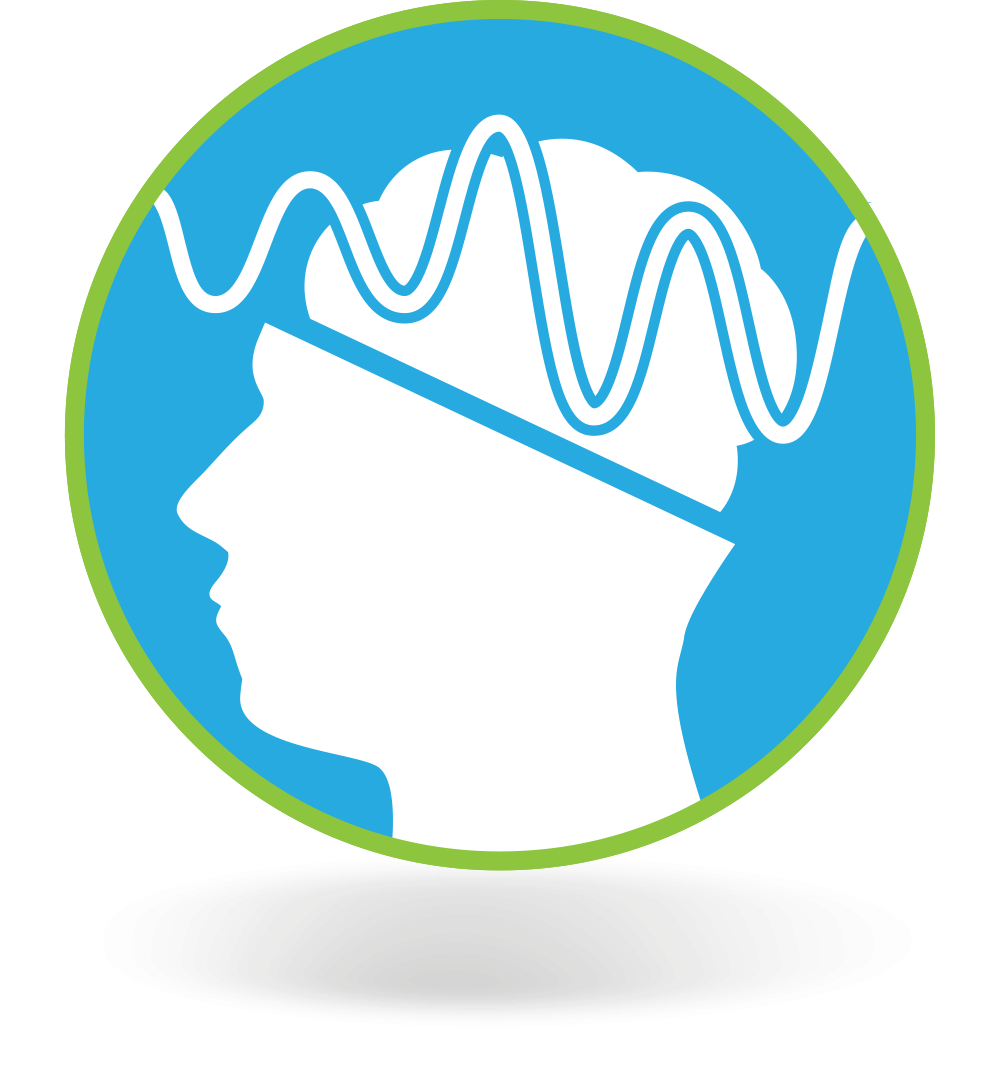August 20, 2010 8:10:42 AM PDT
Dr. Friedberg,
I have been on your email list for a couple of years and am a new anesthesiologist practicing at a level 1 trauma center here in Utah. I understand the difficulty of trying to change the established medical dogma. I was wondering what evidence are you using to make the claim that lower BIS values (as a surrogate marker for “anesthesia overmedication”) or for that matter a change in anesthetic technique including regional or neuraxial anesthesia lead to differences in POCD and other peri-operative neuropsychiatric impairments?
Sincerely,
Jeff Macievic, MD
Mountain West Anesthesia
Salt Lake City, Utah
PS I routinely use a BIS monitor but was wondering what is the validity of the statements that you make to the lay public regarding anesthesia over medication. Thank you.
August 20, 2010 8:44:06 AM PDT
Jeff,
How about a 2 anecdote ‘evidence’ for you?
With 0.2 mg po clonidine premed 30-60 min. preop & BIS monitored propofol sedation, my average propofol infusion rates run 25-50 mcg/kg/min. – experience > 2500 cases.
Over a six week period in my practice last year, I took care of the following 2 pts., both had 6 hour procedures
62 y.o. Caucasian Female, 150 lb. otherwise fit, stated preoperatively, “Last last time I got propofol, I slept for 2 days.” Of course she was an anesthesiologist to boot!
I could barely keep her above BIS 60 @ 2.5 mcg/kg/min or one tenth of my low average propofol rate..
Turned off the propofol @ case end, she awakened immediately, said she didn’t hear, feel, or remember a thing!
Six weeks later, did a 58 y.o. Caucasian Male, 250 lb. Greenlander
It took 150 mcg/kg/min to keep him between 60-75 for the entire 6 hrs.
Turned off the propofol @ case end, he awakened immediately, said he didn’t hear, feel, or remember a thing!
Question, sir? How could I have not over medicated the first pt. and not under-medicated the 2nd pt. by sticking with my historically established ‘average’ propofol infusion rate?
Both pts. were discharged in less than 30 minutes.
I understand full well these anecdotal accounts are not ‘science’ nor do they purport to be.
I am only a clinician working in an office-based environment.
My pts. cannot have PONV or opioid requiring pain on emergence.
My pts. cannot sleep it off for a couple of hours in PACU.
I have nowhere to hide from my outcomes.
Hope this answers your questions.
I wish your pts. better outcomes!
Barry
